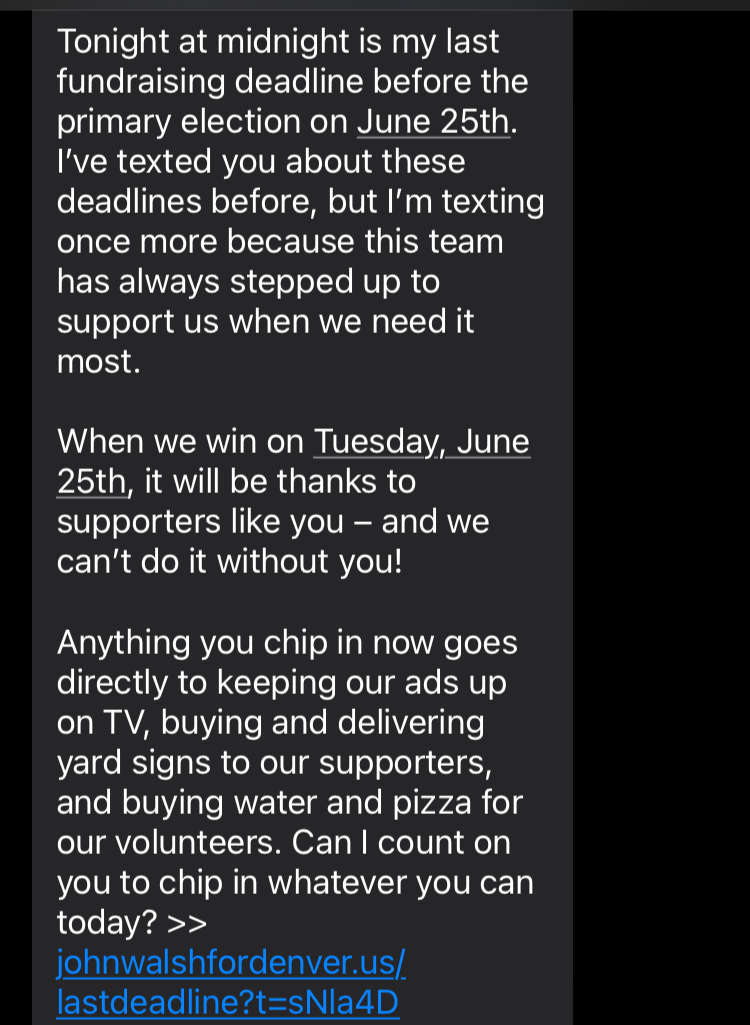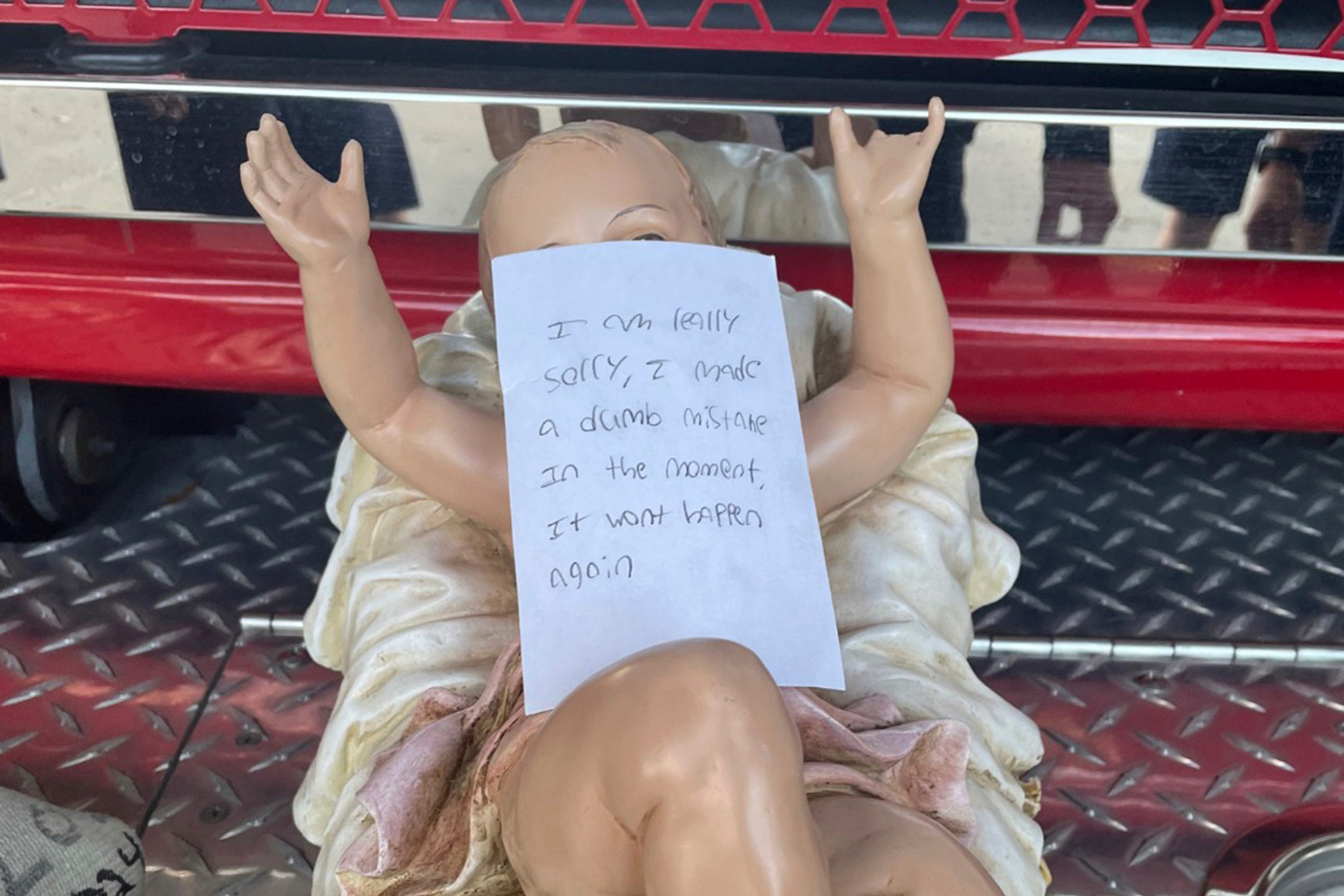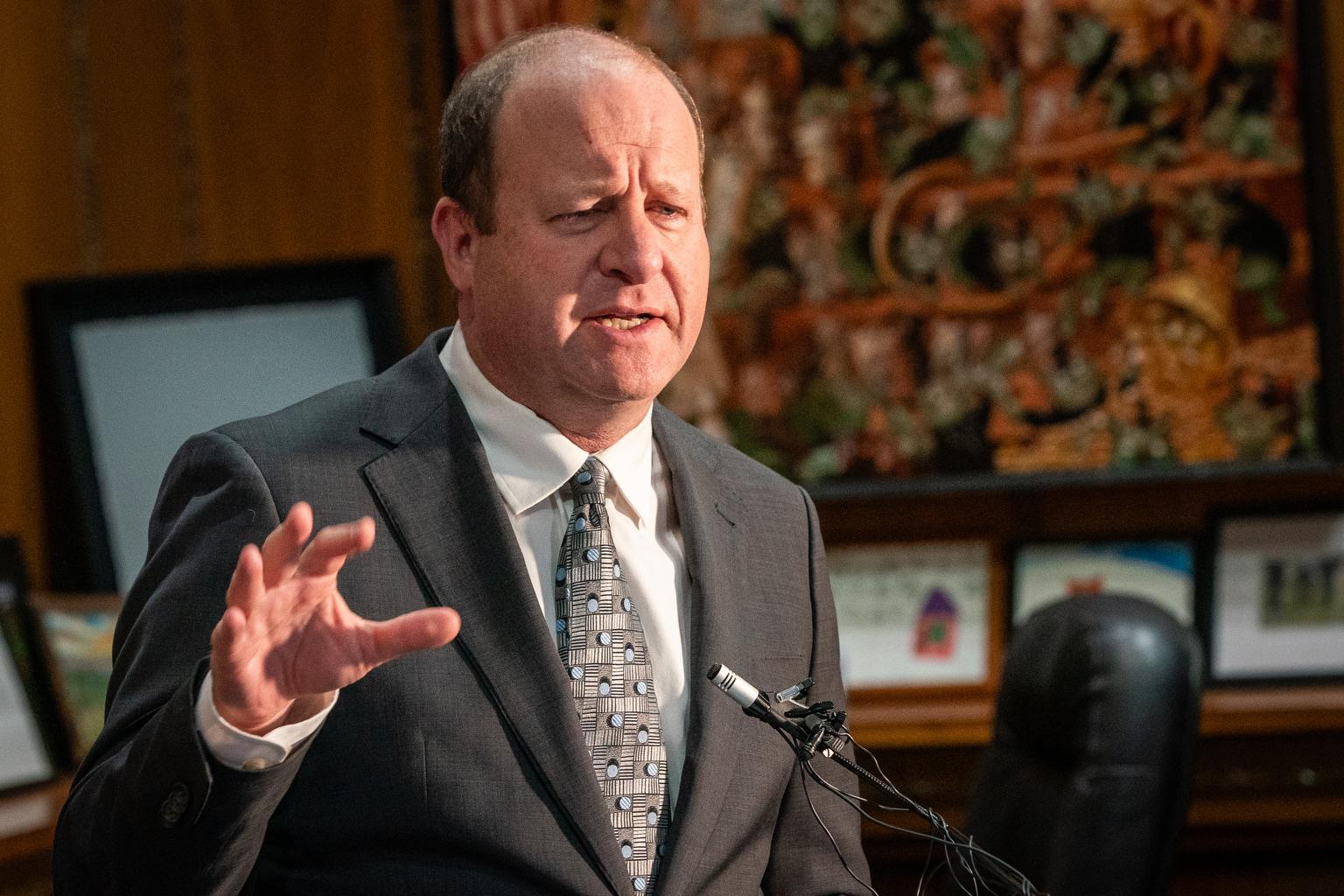
If you feel like every other email or text you’re getting is from a political candidate or advocacy group, you’re not alone. It’s an election year, after all. If you’ve ever shown even the least bit of interest in politics, then texts and emails from different political campaigns asking for your opinion, your time, or your money are a given.
So this Colorado Wonders question is one a lot of people can — or will — relate to this year: Why am I getting so many texts and emails from political campaigns? And, more importantly, is there a way to stop from getting overloaded?
“Supporter lists are a Swiss Army knife for campaigns,” according to Justin Lamorte. He ran Democratic Sen. Michael Bennet’s 2022 reelection campaign and currently heads Rocky Mountain Values, a liberal super PAC. “Campaigns use them to raise money to support advertising programs and field efforts. They use them to directly engage with supporters to encourage them to turn out to events, to volunteer their time. And they use it to build a closer personal connection with the candidate.”
Now most people expect to hear from campaigns they sign up for. But those supporter lists are also an asset. They can be rented to other campaigns or groups or sold to small donor fundraising firms. So if you’ve started getting hit up by candidates and groups you didn’t sign up for or have even heard of, that’s probably what happened.
“It's a sort of cascading effect between the candidate committee and all other organizations that do voter outreach and get out the vote,” explained Andrew Struttmann, owner and partner of Saratoga Strategies.
Struttmann has run campaigns for Republican and nonpartisan races. He said finding the sweet spot for how often to reach out can be difficult. And once the list is used by others, getting out from under the influx of messages “can be a game of whack a mole for somebody who doesn't want to receive them.”
It helps explain the volume or messages people can get. And it leads to the inevitable follow-up question: are there steps you can take to stop this or at least lessen the flood?
The simple answer is yes. Lamorte pointed out there’s always someone on the other end of the campaign email or text, and they want to hear when it’s getting to be too much.
“I've personally worked on campaigns where, in response to replies in our inbox, we've introduced options to receive fewer emails. So maybe instead of three or four per week, somebody would get three or four per month if they sign up for that lower volume channel,” recalled Lamorte.
Campaigns are required to offer the option to unsubscribe — look for it in the smallest print possible at the very, very, very end of each email — but fair warning, that’s not an immediate fix.
“The text or the emails that campaigns send are queued up maybe a few days to a week in advance. So there could be instances in which somebody unsubscribes, their request is honored, but they may receive one or two communications before that change finally sets in on the backend,” Lamorte explained.


Struttmann said it’s in a campaign’s best interest to pay attention and listen because they don’t want the unsubscribe rate to go up. Digital strategists are constantly looking at how many views a message gets versus how many of those views turn into unsubscribes. They’re especially sensitive to that ratio for text messages; it's easy to skip over or delete an unread email, but most people will see or open a text on their phone.
“Above 90 percent is something that we look at in terms of open rate,” Struttmann said. “A good unsubscribe would be somewhere between four and seven percent on the list per text campaign.”
And if a campaign seems to ignore your requests to STOP (or whatever opt-out language they give you) via text, Struttmann said there is one other place to go.
“I would encourage folks if they feel as if a certain texting campaign is being abusive to report it directly to the (Federal Communications Commission).”
But while the FCC has rules campaigns have to follow, Struttmann said, many are still relatively new to the world of political texting.
“There's a sort of Wild West feeling towards it. And the more good actors that can be in the business in terms of contacting voters through that medium the better,” he said.
Because one thing is certain, as we approach the June 25 primary and then the November 5 general election, even more texts and emails are likely to come your way.









